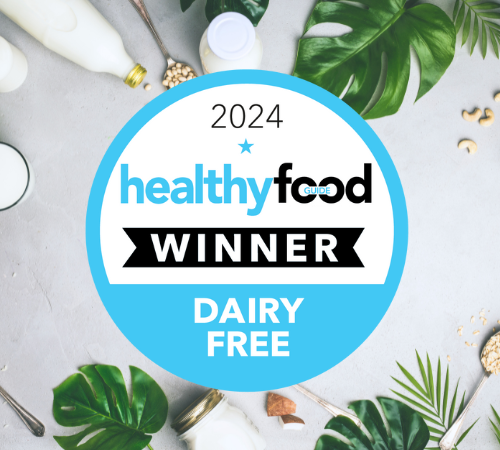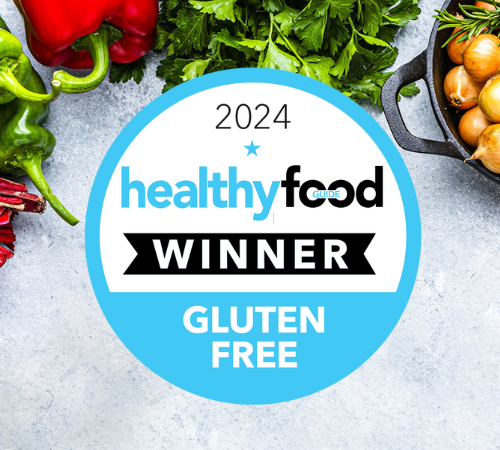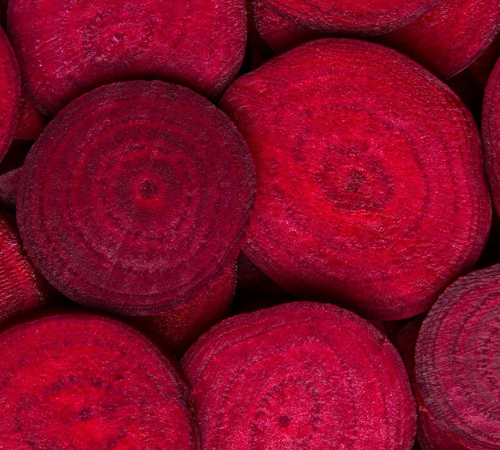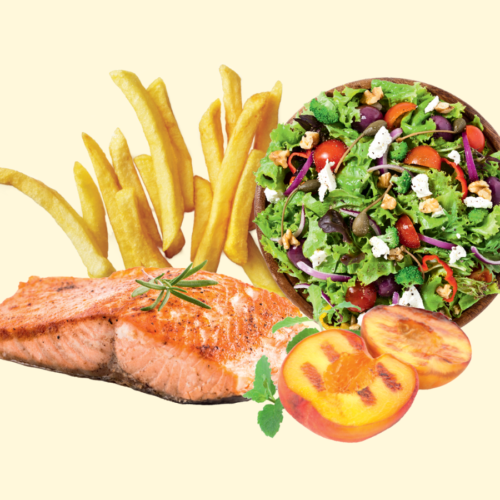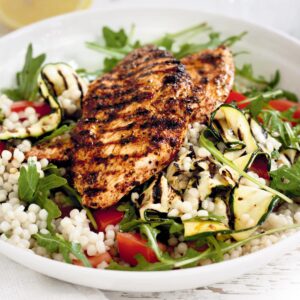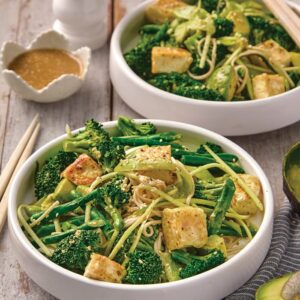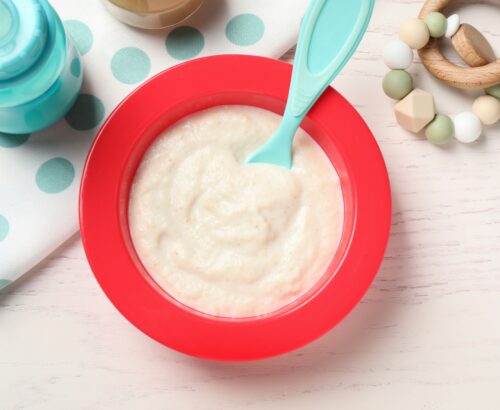
If your baby is around six months old, they’re ready for the first steps on their solid food journey. It’s time to embrace the mess!
You’ve mastered changing nappies, bath time and the sleeping routine — now it’s time for the next big parenting challenge: feeding. Starting your bub on solids is an exciting growth and development milestone, but knowing when and how to start can be incredibly confusing. Here’s what you need to know about tiny tot tucker.
When do I start my bub on solids?
Around six months old is the best time to start introducing your baby to solids, the latest evidence suggests. Starting before four months is not recommended — breast milk or formula contains all the nutrition a baby needs until this time. Starting too early can also lead to kidney issues, constipation and poor growth.
You’ll know your little one is ready to start solids if they have good head and neck control, can sit in a highchair or on your lap with little support and show an interest in food. If your first attempt at solids isn’t successful, try again in a few days or weeks when bub isn’t too hungry or tired. Do your best to make mealtimes happy and free of stress and distractions.
What solids do I start with?
A baby is born with enough iron stored in their body to last for their first six months of life, but after this, their iron levels start to drop — so iron-rich foods need to be a top priority when starting solids. Iron-fortified baby cereal or pureed meat, chicken, legumes, tofu or tempeh are good first choices.
Different pureed, mashed and/or cooked fruits and vegetables with no added sugar, salt or fat should also be offered among a baby’s first foods.
They’ll eat a teeny tiny amount to begin with, but you can gradually increase the amount according to their appetite.
Where to from there?
At around eight months, bub should have progressed to finger foods, after conquering smooth purees, a coarser mash and then lumpy and finely chopped textures. This progression helps with the development of their teeth and jaws. The variety of foods they consume should also expand, with two or three meals a day given in conjunction with breast milk or formula.
By their first birthday, babies will ideally be eating and enjoying family foods with a few baby-appropriate tweaks over three main meals and two or three snacks a day. Formula feeding should stop at this time, but breastfeeding can continue for as long as mum and bub like, as long as solid food has become the main energy source.
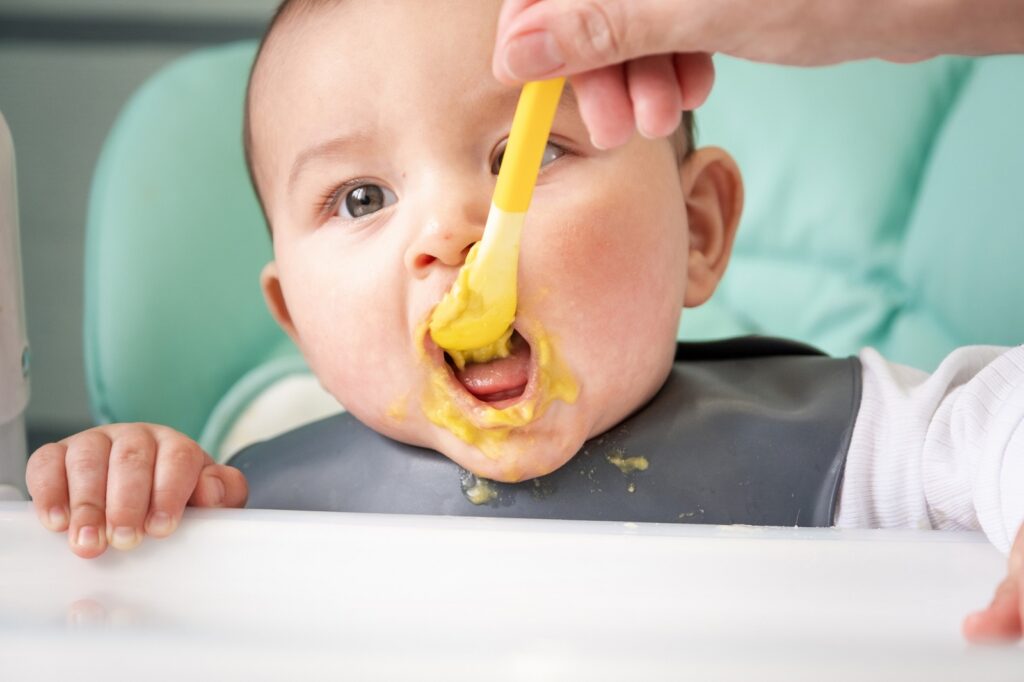
Baby buffet: What’s off the menu?
✗ Honey
✗ Raw meat or eggs
✗ Caffeine
✗ Whole nuts
✗ Cherry tomatoes
✗ Grapes
✗ Hard, uncooked vegetables
✗ Popcorn
✗ Discretionary foods like muffins, cookies and cakes
- HFG tip: Babies may need to be offered the same food many times and in different ways before they accept it — persistence is key!
What about commercial baby food?
Commercial baby foods are handy when you’re on the go, travelling or out of homemade options, but ideally won’t be used on a day-to-day basis. Not only are they expensive, but they are also different to family foods and therefore won’t encourage bub to try different fodder.
For more advice on baby foods, we recommend:
Article sources and references
- Solids – when do we start? Australian Breastfeeding Association. 2022.https://www.breastfeeding.asn.au
- Introducing solid foods for babies. Better Health Channel. 2021.https://www.betterhealth.vic.gov.au
- Introducing solids. Health Promotion Service, Illawarra Shoalhaven Local Health District, NSW Health.https://www.islhd.health.nsw.gov.au/sites/default/files/Health_Promotion/MunchMove/Introducing_Solids.pdf
- Baby’s first foods – Healthy eating from around 6 months. Healthy WA.https://www.healthywa.wa.gov.au/Articles/A_E/Babys-first-foods-Healthy-eating-from-around-6-months
- Starting Family Foods. NSW Health. 2020.https://www.health.nsw.gov.au/heal/Pages/starting-family-foods.aspx
- Tips for starting your baby on solids. QLD Health. 2019.https://www.health.qld.gov.au
www.healthyfood.com



